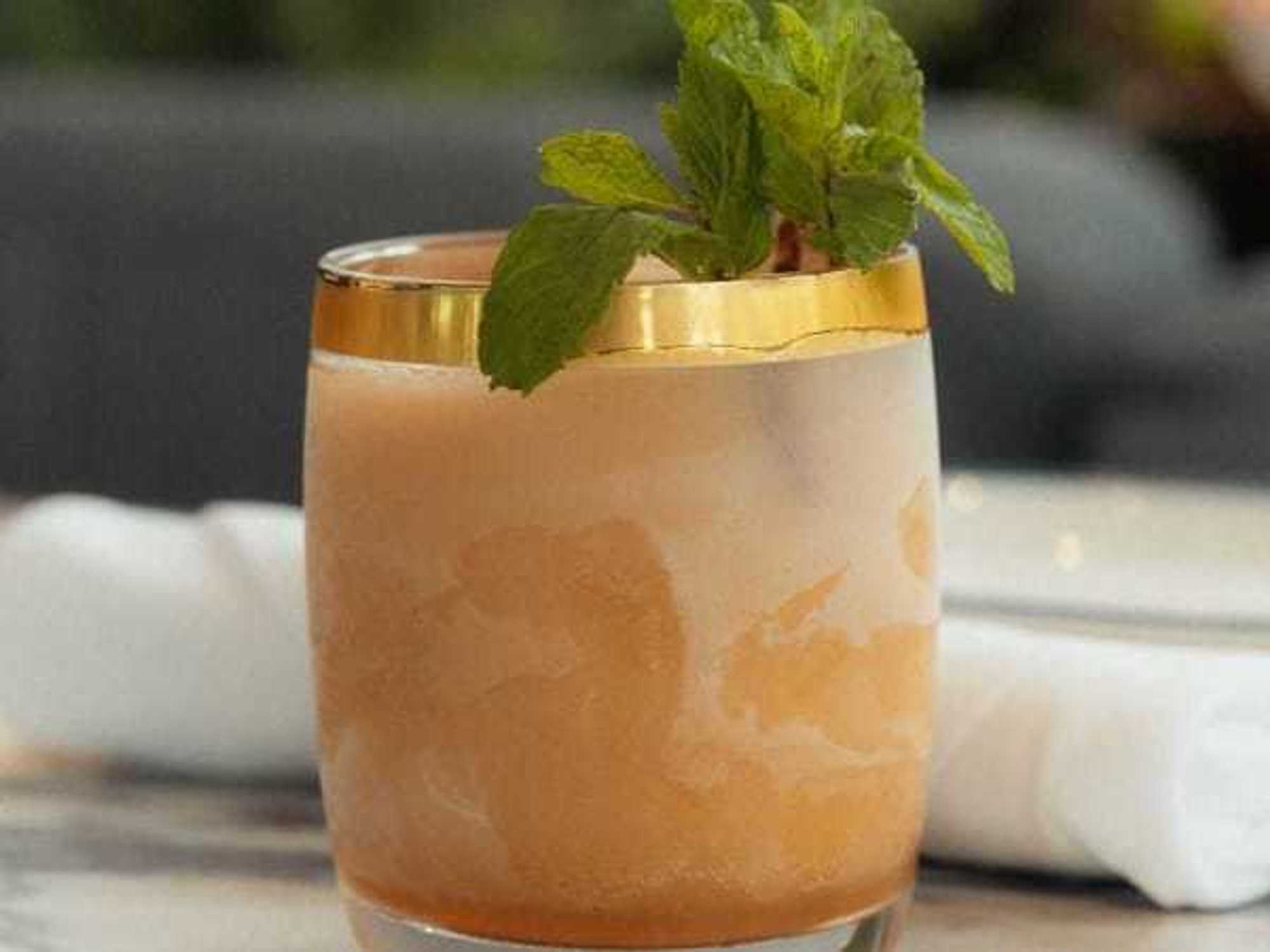Everyday Japanese Cuisine
Kinoko dishes out authentic Japanese cuisine you won't find anywhere else inDallas
 Kinoko's ramen with fried rice.Photo courtesy of Kinoko
Kinoko's ramen with fried rice.Photo courtesy of Kinoko Tofu and pork sukiyaki at Kinoko in downtown Plano.Photo courtesy of Kinoko
Tofu and pork sukiyaki at Kinoko in downtown Plano.Photo courtesy of Kinoko
If your knowledge of Japanese food comes strictly from Japanese restaurants in Dallas, you might assume it was all about tempura, noodles and sushi. Kinoko shows us another way. This sister operation in old downtown Plano is doing a unique kind of Japanese home cooking you're unlikely to find anywhere else.
The restaurant, which opened in September on Avenue K in the old Daisy's space, serves homey dishes such as sukiyaki with tofu and pork, fried stuffed bell peppers, and okonomiyaki — a foodie delicacy that on its own is worth the trip. Speaking of foodie fetishes, Kinoko also does ramen. Insert feverish sigh here.
The team behind Kinoko is Kumi Yamamoto and her sister Aki, plus Kumi's husband, Justin Sauer. Kumi and Justin built the place almost entirely by hand, including the custom benches built by Justin and the cheerful yellow-and-orange paint job executed by Kumi.
The restaurant serves homey dishes such as sukiyaki with tofu and pork, fried stuffed bell peppers, and okonomiyaki — a foodie delicacy that on its own is worth the trip.
Kumi, a native of Japan who attended University of North Texas, wanted something she could do together with her sister.
"I decided to do this restaurant because I wanted to be close to my sister, and my sister was living in Japan," Kumi says. "She is a wonderful cook. She does the absolute best gyoza dumplings. I wanted to bring her over and do restaurant together. Everything we make is from scratch, except for the mochi ice cream. My sister and I make everything."
The menu is an amazing journey with items both familiar and exotic. There is edamame, miso soup and Aki's signature dumplings. But there is also a healthy "Mom" streak evident in items such as fresh-squeezed juices; a "veggie lover's salad" with mesclun greens, spinach, alfalfa sprouts, avocado, beets, broccoli, cucumber and cherry tomatoes, topped with chia and hemp seeds; and an entree like grilled salmon, with kinpiragobo (sweet and soy gobo roots and carrot stir fry), asazuke veggies and miso soup.
Prices are incredibly cheap. Edamame is $1. Miso soup is $1.50. Six dumplings are $6. The salad, big enough for a meal, is $6.
The place where Kinoko shows what it's made of is its $8.50 daily special, which gets you an entree with sides, plus a side salad or soup. It's something new almost every day. It could be fried stuffed bell peppers, filled with ground beef and pork spiced with a hint of curry. Or it could be okonomiyaki, a gritty street food-type dish that's somewhere between a pancake and a goulash.
"We've done it for a special – it had squid, ground beef, flour, egg and cabbage," she says. "On top of that, we put nori powder, red ginger, bonito flakes, demi-glace sauce and Japanese mayonnaise."
They served it with "furofuki daikon," a daikon radish cut into big pieces and cooked slowly in fish broth. "It's very traditional Japanese," Kumi says. "The broth penetrates all the way into the radish and makes it really soft and tender and so juicy."
Dessert includes sweet potato and apple pudding, with sweet potato, cream and caramelized apples.
They know they've hit it right when they see how many of their customers are Japanese. "About 80 percent of our customers are Japanese, and they rave about the food," Justin says.
"Japanese food in America is sushi or tempura, and not really Japanese everyday food," Kumi says. "We wanted more people to be able to enjoy Japanese food like the home-cooked food that Japanese people eat every day."
